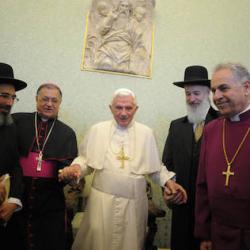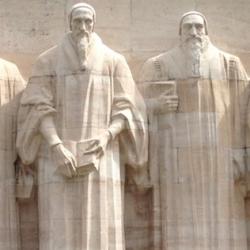On Oct. 31, 1517, Martin Luther nailed his 95 Theses, a list of propositions aimed at problems in the Roman Catholic Church, to the door of the university church in Wittenberg, Germany. He wanted to start a theological debate. Instead, he started the Reformation.
As Luther’s teaching reverberated through Europe, the aims of his followers expanded. According to historian Scott Hendrix, Protestants aspired to “re-Christianize” Europe.
Europe was already Christian, but in the Reformers’ judgment, its Christianity was skin-deep. Europe needed to recover the gospel, the “good news” about salvation through Jesus. The church, in other words, had to be overhauled by the gospel.
In many ways, the Reformation succeeded.
Catholic teaching had obscured the biblical message that salvation is God’s gift to sinners, not something earned by a pious, moral life. Protestant preachers proclaimed free grace.
Catholic clergy had treated the laity as second-class citizens. Luther proclaimed the priesthood of believers. All Christians are holy. All are priests, he taught. As a result, Protestant teachers diligently instructed the laity, translated the Bible into various European languages and spread literacy so everyone could read Scripture. Bible knowledge exploded.
Another problem: Catholics rarely took the Lord’s Supper, also known as Communion or the Eucharist. When they did, they got only bread. To the Reformers, all baptized Christians should receive both bread and wine, God’s gift to the whole church.
The cultural and political effects of the Reformation were huge. Our world was made, for good and ill, by the Reformation.
Without Protestant teaching, there’d be no Charles Dickens (“Great Expectations”), John Milton (“Paradise Lost”) or C.S. Lewis (“The Chronicles of Narnia”). The Reformation also contributed to the formation of the nation-state and global politics.
Despite their achievements, the Reformers failed. The gospel took hold in some pockets, but it didn’t reform the whole church or re-Christianize Europe.
The Reformation failed because it fragmented the Western church. Protestants were forced out of the Catholic Church, and soon Protestants began squabbling among themselves.
Continue at Foxnews.com.















